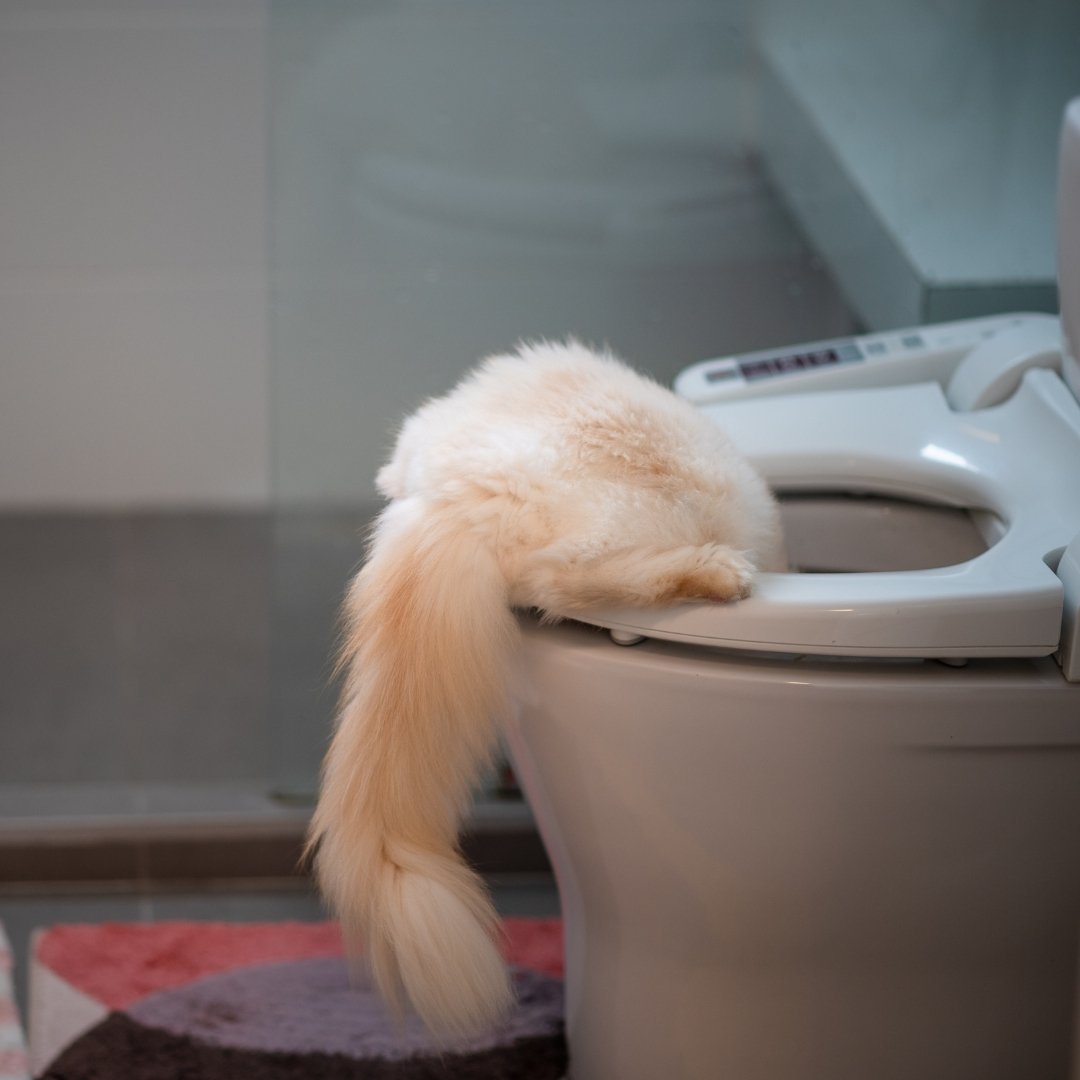Potential Risks of Flushing Cat Poop Down Your Toilet - Tips for Safer Handling
Potential Risks of Flushing Cat Poop Down Your Toilet - Tips for Safer Handling
Blog Article
Each person may have their own idea involving Don’t flush cat feces down the toilet.

Intro
As pet cat proprietors, it's essential to be mindful of how we get rid of our feline close friends' waste. While it might appear hassle-free to purge pet cat poop down the toilet, this practice can have detrimental effects for both the atmosphere and human health.
Environmental Impact
Flushing feline poop introduces dangerous virus and bloodsuckers right into the water, posturing a significant risk to water environments. These pollutants can negatively affect marine life and concession water top quality.
Wellness Risks
In addition to ecological worries, flushing pet cat waste can additionally posture health risks to humans. Pet cat feces might include Toxoplasma gondii, a parasite that can create toxoplasmosis-- a possibly extreme ailment, especially for expecting ladies and individuals with weakened body immune systems.
Alternatives to Flushing
Luckily, there are much safer and much more accountable methods to get rid of cat poop. Consider the adhering to choices:
1. Scoop and Dispose in Trash
The most common approach of throwing away feline poop is to scoop it right into a biodegradable bag and throw it in the garbage. Make sure to use a committed trash scoop and deal with the waste promptly.
2. Usage Biodegradable Litter
Select eco-friendly feline litter made from materials such as corn or wheat. These trashes are eco-friendly and can be safely gotten rid of in the garbage.
3. Bury in the Yard
If you have a lawn, take into consideration burying feline waste in a marked location away from vegetable yards and water sources. Be sure to dig deep adequate to avoid contamination of groundwater.
4. Mount a Pet Waste Disposal System
Purchase a pet garbage disposal system specifically developed for pet cat waste. These systems use enzymes to break down the waste, lowering smell and ecological influence.
Conclusion
Accountable pet possession extends past giving food and sanctuary-- it likewise includes proper waste administration. By refraining from flushing cat poop down the commode and selecting alternative disposal techniques, we can minimize our environmental impact and protect human health and wellness.
Why You Should Never Flush Cat Poop Down the Toilet
A rose by any other name might smell as sweet, but not all poop is created equal. Toilets, and our sewage systems, are designed for human excrement, not animal waste. It might seem like it couldn’t hurt to toss cat feces into the loo, but it’s not a good idea to flush cat poop in the toilet.
First and foremost, assuming your cat uses a litter box, any waste is going to have litter on it. And even the smallest amount of litter can wreak havoc on plumbing.
Over time, small amounts build up, filling up your septic system. Most litter sold today is clumping; it is made from a type of clay that hardens when it gets wet. Ever tried to scrape old clumps from the bottom of a litter box? You know just how cement-hard it can get!
Now imagine just a small clump of that stuck in your pipes. A simple de-clogger like Drano isn’t going to cut it. And that means it’s going to cost you big time to fix it.
Parasitic Contamination
Believe it or not, your healthy kitty may be harboring a nasty parasite. Only cats excrete Toxoplasma in their feces. Yet it rarely causes serious health issues in the cats that are infected. Most people will be fine too if infected. Only pregnant women and people with compromised immune systems are at risk. (If you’ve ever heard how women who are expecting are excused from litter cleaning duty, Toxoplasma is why.)
But other animals may have a problem if infected with the parasite. And human water treatment systems aren’t designed to handle it. As a result, the systems don’t remove the parasite before discharging wastewater into local waterways. Fish, shellfish, and other marine life — otters in particular — are susceptible to toxoplasma. If exposed, most will end up with brain damage and many will die.
Depending on the species of fish, they may end up on someone’s fish hook and, ultimately on someone’s dinner plate. If that someone has a chronic illness, they’re at risk.
Skip the Toilet Training
We know there are folks out there who like to toilet train their cats. And we give them props, it takes a lot of work. But thanks to the toxoplasma, it’s not a good idea.

As a reader about How to Dispose of Cat Poop and Litter Without Plastic Bags, I assumed sharing that excerpt was really useful. Remember to take the opportunity to distribute this post if you liked it. I recognize the value of reading our article about How to Dispose of Cat Poop and Litter Without Plastic Bags.
Schedule Appointment Report this page